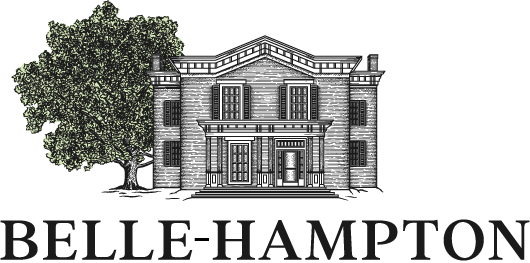Sustaining Business Family Education
Life is hectic with day to day activity distracting families from their business educational goals. The ability to organize and schedule a family celebration or family council meeting is only part of the challenge on the road to educational awareness and proficiency. Determining what areas need further development is a continuous process which needs monitoring for continuous improvement. With the objective of having your business family knowledgeable in a variety are areas such as governance, finance and history, how do you seamlessly continue to evolve from year to year, generation to generation?
Tackling the governance segment can be boring. Many families struggle with continuous membership engagement to complete their constitution. Since this is an important part of linking the generations, it is necessary to construct a plan toward finalization. If a family jumps in and copies a standard draft compiled by an advisor or an internet search, the family will not “own” it leading to a disinterest in the process or ignoring the document altogether. It is recommended to start with the Next Gen for feedback on what is important to them. Developing a task force to research and compile a list of priorities to present to the council members is a logical option. Our family segmented the document into subjects such as mission, membership, employment guidelines, prenups so it would be less intimidating. As Desmond Tutu once wisely said, “there is only one way to eat an elephant: a bite at a time.” The section that I recommend to be the first is the Vision, Mission and Core Values. But once the priorities are established, the parts can be planned out accordingly. If it is acknowledged that journey is more important than a quick finish, each bite can be savored along the way. Making it a fun collaborative process, the family council will eventually bring the document to fruition.
Developing sound financial acumen requires early life lessons. Waiting until teenage or adult years might require retraining. Instead, start responsible financial habits as young as deemed appropriate. We started our boys as young as three to understand the value of money by counting quarters, dimes, nickels and pennies. Learning to calculate change came from my own childhood experience when my mom taught me the basics of math via a cash register. Eventually allowing for small purchases builds confidence as well as commerce skills. But if they aren’t ready for manipulating money, children can learn financial principles with books such as The Louse in the House. As they grow, introduce them to the game of Monopoly at age five then graduate to the Cash Flow as early as third or fourth grade although the recommended age by the manufacturer is ten. As a parent, use your best judgement. These board games’ objective is to expand financial literacy while having fun. Allowance is another tool, if used wisely, to establish good money management. Some parents establish the rule of spending a third, saving a third and tithing a third. However it is determined to teach financial awareness, start young.
Learning the family and business history can be daunting for young children and monotonous for teenagers, but their understanding of the life lessons are priceless treasures. If you begin their education with names and dates of ancestors from the other side of the pond, the interest will fade quickly. Using the actual stories of challenges and obstacles, however, will inspire. Presented in interesting ways, the stories can last for generations. Beginning with a simple custom children’s coloring or picture book could be a powerful reminder of core family values. Short stories of key moments in the company or family can bring awareness of triumphs and failures. Testing their comprehension could be achieved by fun games during family celebrations such as a Family Feud or simple True/False on historic facts. If a family is lucky, they might have an autobiography of an ancestor, but if not, creating ones own autobiography is highly recommended. If your life story is too overwhelming to write, a simple letter to future generations would be a meaningful document. Don’t wait until the history is lost for generations, capture the current memories and discover the past to leave a legacy for future generations.
Educating the business family in the areas of governance, finance and history are only a few of the subjects important to round out the knowledge of the Next Gen. Information in regards to succession and leadership development, communication and stewardship are other topics for discussion. If the objective is to have your business family proficient in a variety are areas, what is your plan to define important topics and sustain the education?
